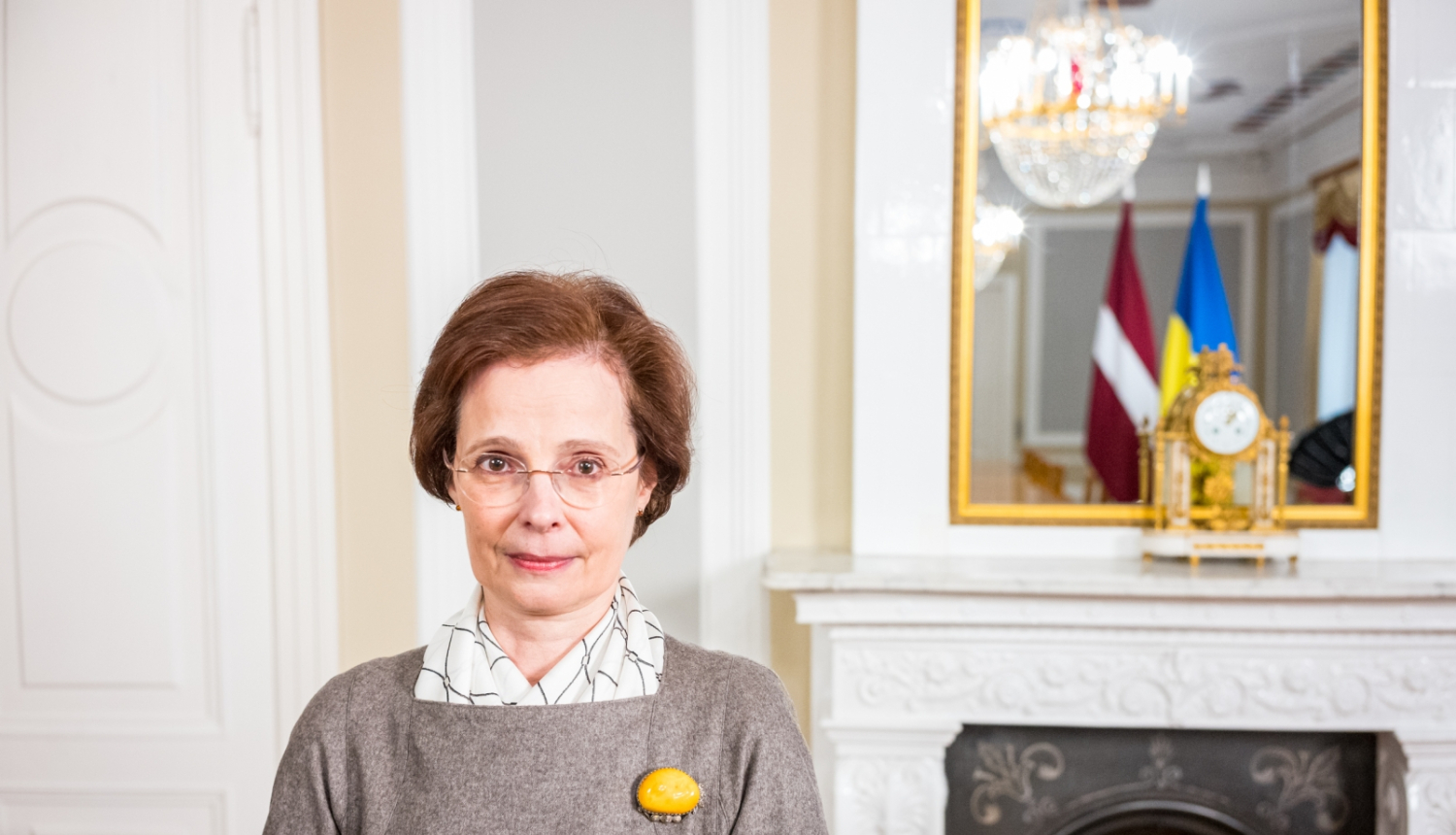My dear First Lady of Ukraine, Olena,
dear colleagues at the Ohmatdyt Children’s Hospital in Kyiv,
dear participants.
A new year has begun, but Russia’s war against Ukraine, which started on February 24th last year, is ongoing.
Today is the 337th day of terror against Ukrainian children, women and men.
Horrible circumstances bring people's best traits to light and, sadly, the most ugly and condemnable, too.
You, my dear colleagues, show deep humanity by trying to reduce lifelong trauma for the most vulnerable members of society, namely children and young people.
Undoubtedly, there will be adverse effects on the mental health of Ukrainian children and adolescents after the brutal and devastating experiences that many of them are enduring on a daily basis.
The urgent question is how we can offer them useful and professional help.
In my opinion, this help should be available as close as possible to where the victims live.
Ideally, it should be available as soon as possible after the adversity the victims have experienced.
It should preferably use modern means, such as WhatsApp groups, FaceTime, and other tools common to young people.
It should be offered to them in their native language, to avoid misunderstanding and mistranslations.
It should be presented by medical professionals who can understand their daily life, objectively and emotionally.
By helping children and young people preserve both, their mental and their physical health, Ukraine is securing a bright future as a democratic sovereign state.
Let me assure you, dear colleagues, that you have reliable friends in Latvia: Politicians, government institutions, NGOs, and the Latvian society as a whole are committed to helping you.
I am honoured to mention two examples: Liene Dambiņa, head of the children’s hospital fund and co-founder of the young people’s mental health support centre, and Nikita Bezborodovs, director of the Children’s Psychiatric Clinic in Riga.
Both are participants at this conference and are dedicated to sharing Latvia’s experience and maintaining contact with their Ukrainian colleagues in mental health support centres and at the Ohmatdyt Children’s Hospital in Kyiv.
Sharing knowledge is enriching for both sides.
Before Christmas, we hosted a group of Ukrainian children, their mothers, and two colleagues, Dr. Natalia Pogadaeva and Dr. Olena Anoprienko, at Riga castle. We were deeply moved by their care for the children and their belief in Ukraine’s future.
I send my dearest greetings to both of them.
To support the mental health of a whole society and act on a universal sense of justice, it is no doubt that there must be consequences for this illegal war.
War does not occur randomly; it is not a natural disaster like a hurricane or an earthquake. It is planned, prepared and acted on by people. It is a man-made disaster.
Every crime calls for punishment.
An International tribunal must be instigated.
Just last week, the European Parliament adopted a resolution in favour of this idea.
There must be justice for Ukraine and its brave citizens.
I wish you all successful discussions and hope that they lead to effective outcomes for Ukrainian children and young people.
Thank you and love to Kyiv.




